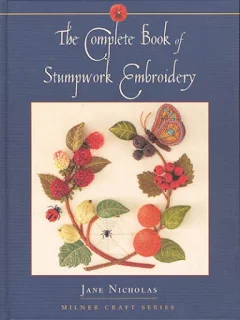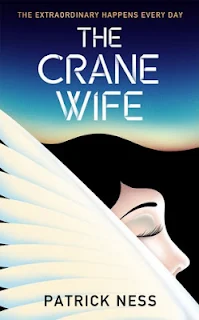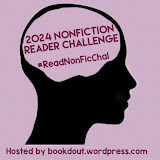 |
| Australian author Kristy Chambers |
Well, I think! I've received a lot of lovely emails from people, which really amazes me. I've never written to an author to let them know I liked their book, but I should! Social media is pretty great in that regard. Some have been from nurses saying that they can really identify with the stories and others are from people who have no personal ties to nursing but ended up reading the book and liked it. I'm really touched that readers have made the effort to contact me and let me know how they felt about Get Well Soon! As a first time author, someone who swears a lot and given the nature of the topics covered, I wasn't sure how the book would go down, but the feedback has been really positive.
What did you think of the cover design the first time you saw it? (At first glance I wasn't sure if the blood spots were real or part of the design and was too scared to check, lol!).
The first version of the cover design was very clean (my scrubs never looked that pristine) so the designer dirtied it up a bit, added some gore, and I think it's much more representative of my nursing experiences now. I really like the cover. Nursing can be a messy business, and the coffee stains are particularly apt.
 How did you decide what to include and what to leave out?
How did you decide what to include and what to leave out?As the book basically follows a chronological order, some events and experiences jumped out at me more than others. The more infamous moments of my nursing career are going to be stuck in my brain forever and there are a lot of patients who made such an impression on me (both good and bad) that I felt compelled to write about them. I think it's just the limitations of my memory that caused me to leave things out, or else I could have written a book about nursing that was a thousand pages long, and I don't think the world is ever going to be ready for that, although I am planning to write a sequel to Get Well Soon! in another year or so.
What was the hardest part of writing Get Well Soon!?
The hardest part was just fitting writing time in around work and the rest of my life, although writing about nursing while nursing probably helped keep details fresh in my mind and made it easier in some respects. The hardest part about writing in general is just getting started, as I am an excellent procrastinator and there is always the internet to distract me, or cleaning my house, or a million other things. I'm still amazed I managed to write an entire book sometimes.
What are you doing now? Are you still nursing?
I am still nursing, working in Drug & Alcohol Detox again, but I am taking a year off shortly and heading overseas to work on my second book (about travel). I'm really looking forward to writing about something besides nursing. I have collected a lot of travel stories over the years and I'm excited to spend a chunk of time turning them into a book.
What advice would you give readers who find themselves in hospital under the care of nurses?
I would tell people that chocolates are always well received. And also that ward nursing, especially, is very hectic and there is always more work to do than time to do it in so please be patient, patients. Nursing is a difficult job for a lot of reasons. There aren't many occupations where people you come to know well die at regular intervals and you just go back to work the next day and carry on. Shift work is pretty hideous, too.
When buying books, do you buy them online or from a physical bookshop?
I LOVE bookshops! I only buy books online that aren't available in Australia and I try to avoid e-books if possible. I spend enough time on my computer as it is and love the look and feel of actual books. Bookshops with coffee, like Avid Reader in Brisbane, are the BEST- my two loves together.
 |
| One of Kristy's fav books: Are You There God? It's Me Margaret by Judy Blume |
What are some of your favourite books/authors?
There are so many books and authors that I love. I'm a huge fan of David Sedaris, JD Salinger and Judy Blume, but the list is endless. The Basketball Diaries by Jim Carroll and Paradoxia by Lydia Lunch sit in my bookcase next to Are You There God? It's Me, Margaret by Judy Blume and Rob Lowe's autobiography, so my taste is quite eclectic. I have very fond memories of reading as a child. Enid Blyton's The Magic Faraway Tree and the Narnia books especially let me escape into vivid fantasy worlds, but I tend to gravitate towards non-fiction writing as an adult. (I remember reading Are You There God? It's Me, Margaret by Judy Blume when I was in High School and loving it!)
What's next? Is it true you're working on a second book? What can you tell us about it?
Yep, I have started writing my second book, but it's very skeletal at the moment! I have a lot of scribbled notes that I've amassed while travelling over the last 15 years, and I'm using them as the basis. It's going to be another non-fiction book, a travel memoir really, but also exploring some underlying themes, such as the fantasy versus reality aspect of travel and how the best stories often come from crappy experiences. I'm also writing about the depression I've had since I was a teenager and how that has often left me craving escapism and fed the myth that the grass is greener, and happier, elsewhere.
Anything else you'd like to add?
Thanks for the interesting interview questions! :)
You're more than welcome Kristy and best of luck with your travel book. If Get Well Soon! is any indication, I'm sure it'll be a quick favourite with readers. Carpe Librum!





















.JPG)



































